The total amount of sugar sold in soft drinks in the UK dropped by -29% between 2015-2018, according to new research demonstrating how public health improvements can be “consistent with successful business practices”.
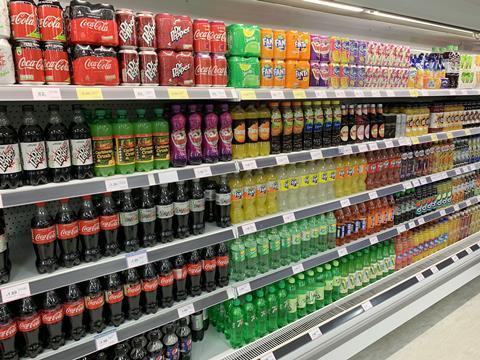
The University of Oxford study, published in BMC Medicine, found that eight out of 10 UK soft drinks companies reduced the sugar content in their products by -15% or more during the three-year period.
In April 2018 the UK government introduced the Soft Drinks Industry Levy (SDIL), but the research was not aimed at analysing its specific effects, said lead researcher Lauren Bandy.
“This study is not designed to evaluate the specific effects of the SDIL, but nonetheless shows that sustained pressure on business, including using fiscal measures, has led to a striking reduction in the sugar content of soft drinks in the UK,” she said.
The analysis showed that nearly three-quarters (73%) of the reduction seen in the amount of sugar sold in soft drinks was due to reformulation of existing products or the introduction of new, lower sugar drinks, while 27% was due to changes in purchasing behaviour.
The two biggest companies, Coca-Cola and Britvic, had reduced the total quantity of sugars they sold in drinks by -17% and -26% respectively, although the sugar content of their flagship brands Coca-Cola and Pepsi remained unchanged.
Bandy added: “It is encouraging to see such a large reduction in sugars sold in soft drinks. This is largely a result of change in the composition of drinks but there have also been shifts in consumer purchasing behaviour, with more consumers choosing drinks with low, or no, sugar content.
“These changes are likely to be due to a combination of government action, mostly through the SDIL, changes in marketing practices on the part of the soft drinks industry, and greater awareness of the harms caused by sugary drinks amongst consumers. They show that it is possible for improvements in public health to be consistent with successful business practices.”









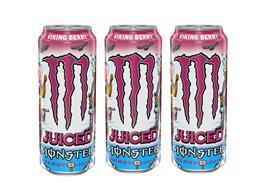
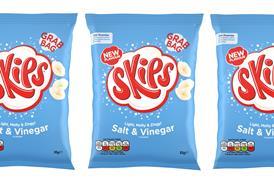









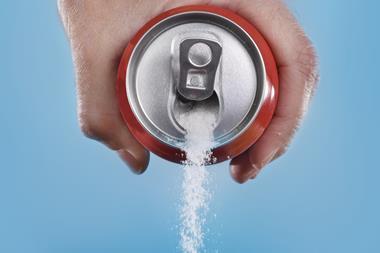
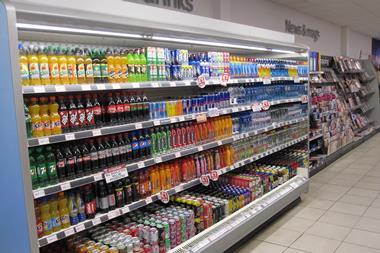
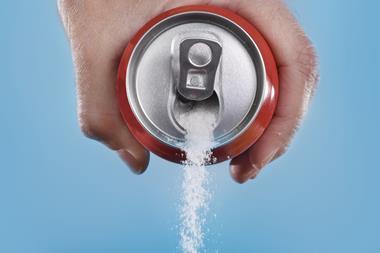
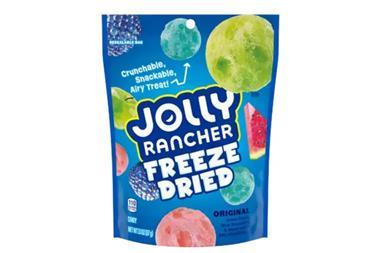

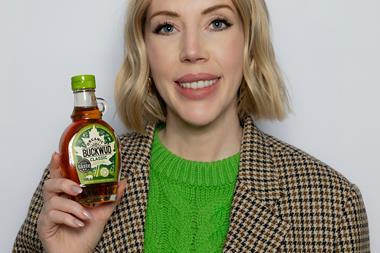




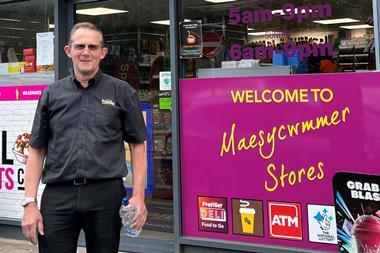

No comments yet